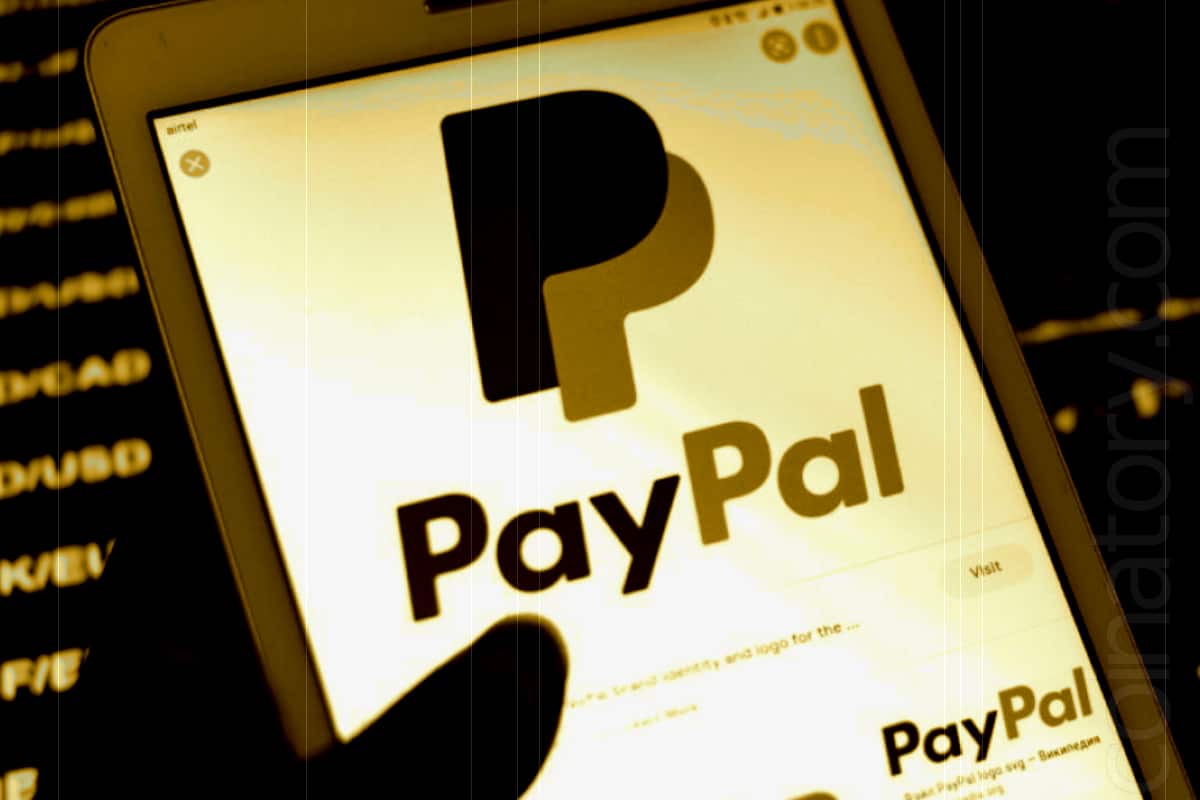
Global payments leader PayPal has unveiled plans to enable its U.S. business account customers to buy, hold, and sell cryptocurrencies directly through their accounts. This development marks a significant expansion in PayPal’s crypto offerings, catering to businesses seeking the same crypto functionalities previously available only to individual consumers. However, the feature will not be available to business clients in New York State due to regulatory constraints.
PayPal, along with its peer-to-peer payments app Venmo, first introduced crypto management capabilities for individual consumers in 2020. Since then, the company has taken considerable steps to integrate cryptocurrencies more deeply into its ecosystem. “We’ve learned a lot about how consumers use cryptocurrency,” said Jose Fernandez da Ponte, Senior Vice President of Blockchain, Cryptocurrency, and Digital Currencies at PayPal. “Business owners have expressed increasing demand for similar capabilities, and we’re thrilled to offer a solution that allows them to engage with digital currencies effortlessly.”
The new service will also allow PayPal’s business account holders to transfer cryptocurrencies on-chain to third-party wallets, further expanding their control over digital assets. “Business clients can now send and receive supported cryptocurrencies to and from external blockchain addresses,” the company confirmed.
This move follows PayPal’s broader efforts to enhance its cryptocurrency infrastructure. Last month, Crypto.com partnered with PayPal, enabling U.S. users to purchase crypto directly through the platform. PayPal’s U.S. dollar-denominated stablecoin, PYUSD, has also gained traction, being made available on select exchanges such as Bitstamp, Coinbase, and Kraken.
Launched in 2023, PYUSD is issued by Paxos Trust Company, a U.S.-regulated entity, and benefits from strong compliance and security standards. Initially available as an ERC-20 token on the Ethereum blockchain, PYUSD has recently expanded to the Solana blockchain, where its supply has surpassed that of Ethereum, enhancing flexibility and control for users.







